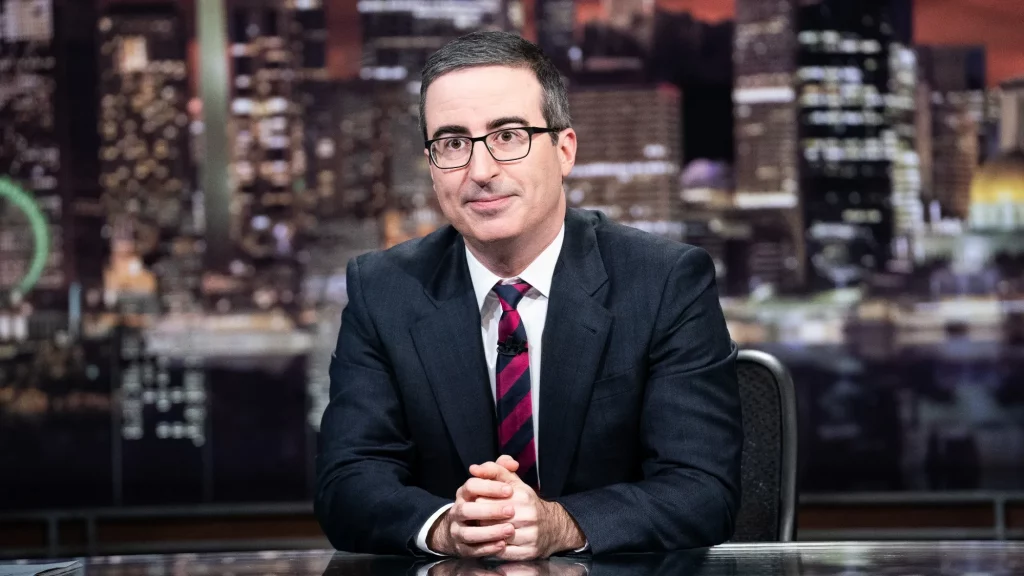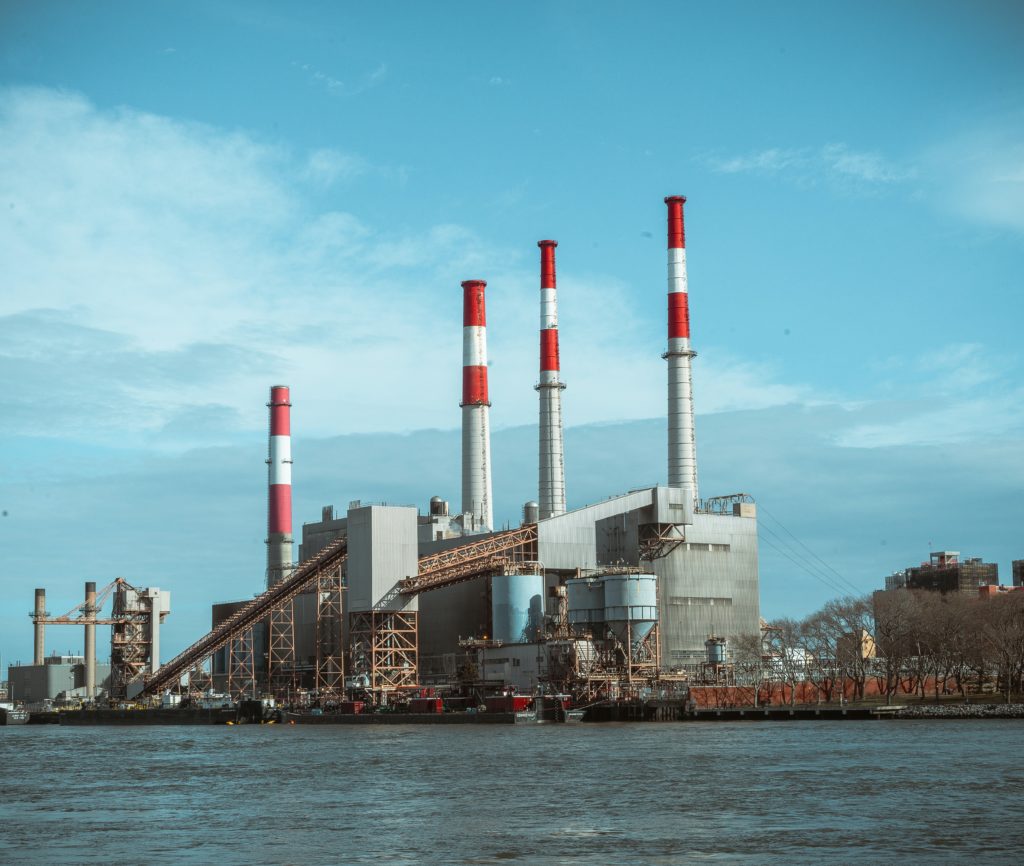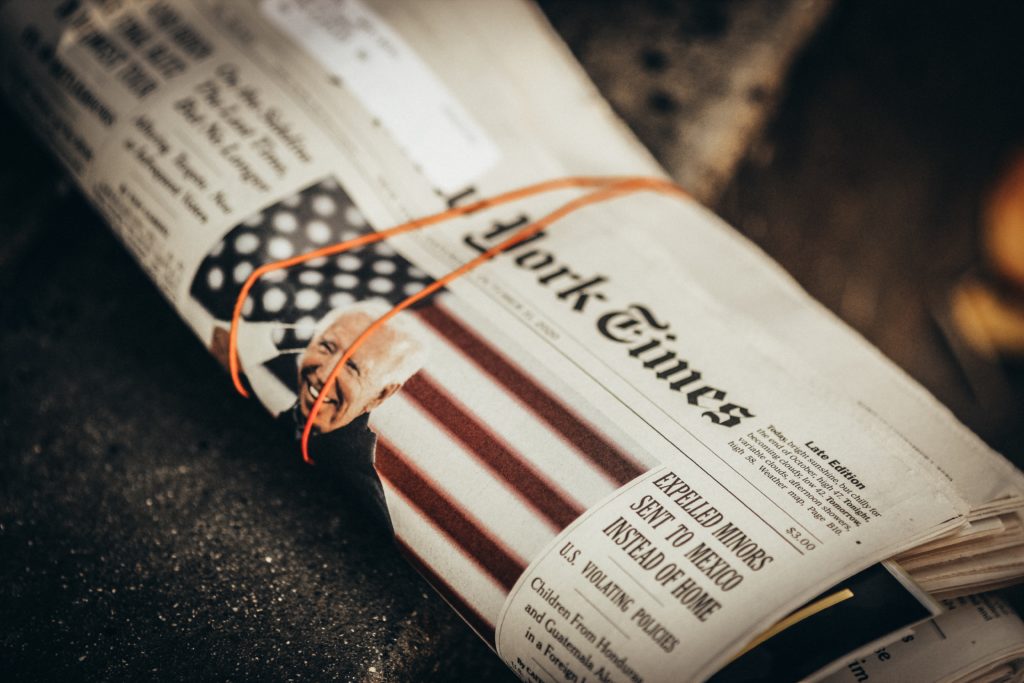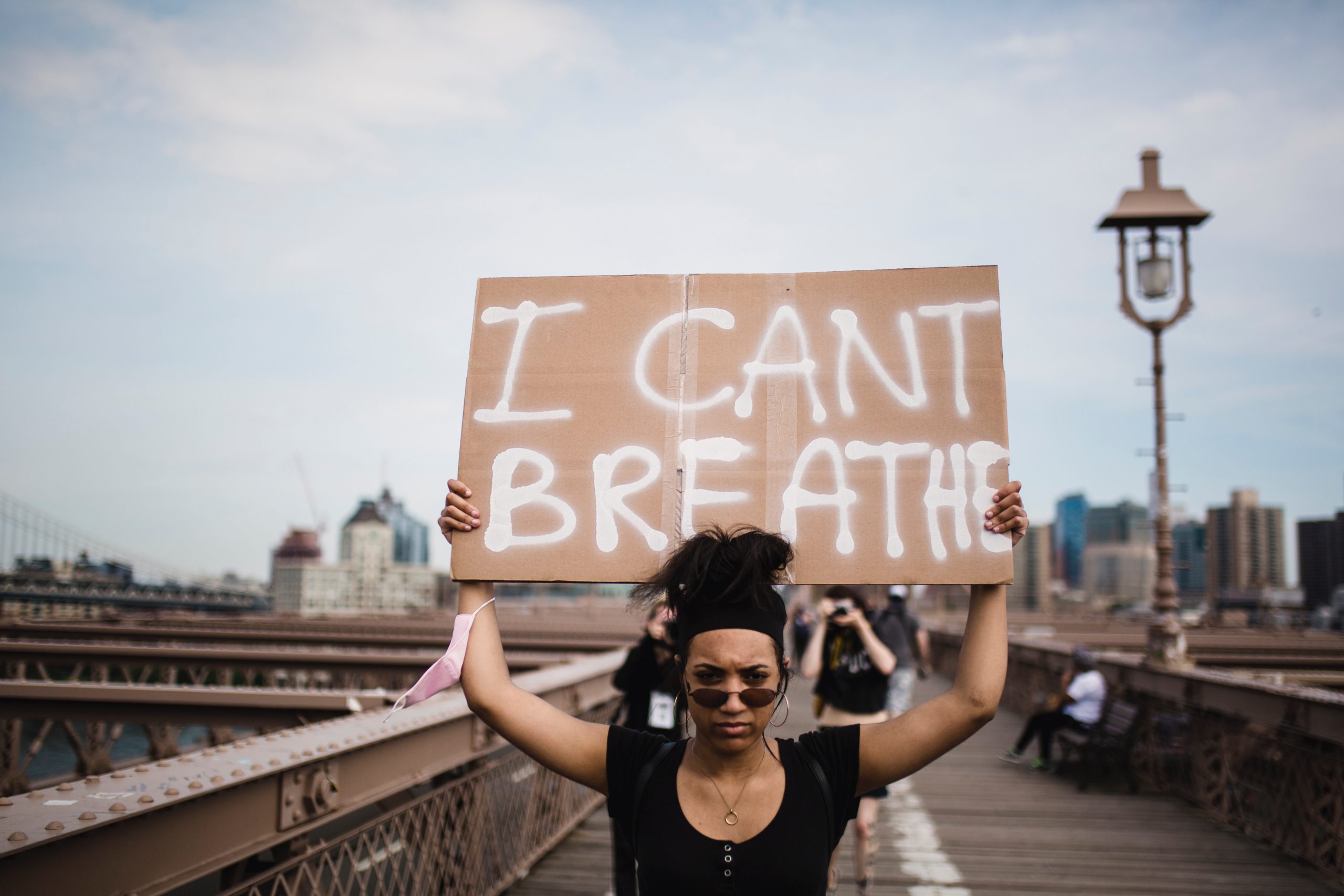4 Mins Read
Known for his ability to take complex topics and turn them into crib notes for widespread understanding, John Oliver has done it again. Employing his usual brand of humour, he took on the serious issue of environmental racism on the Last Week Tonight show. The host painted a graphic picture of not only what the prejudice relates to, but how it ruins and ends lives throughout the U.S.
The issue aired on May 1 before being uploaded to YouTube the next day. By lunchtime, it had already garnered more than one million views. Amongst the eye-rolls at unjustified white privilege came clips of Black community members questioning why their hometowns were considered suitable dumping grounds for waste that white people didn’t want to deal with. The 20-minute segment remained upbeat and punchy but the overall message was clear: environmental racism is killing innocent people.

Breaking down environmental racism
Oliver keeps it simple with his opener. He states that everybody suffers from pollution, but some have it worse. This, he says, is the crux of environmental racism.
Diving deeper, it’s a systemic form of prejudice, meaning that policies, activities, and directives can add weight to unfair outcomes. This takes the form of industrial sites commonly being built and run within or in close proximity of low-income and BIPOC communities.
Oliver talks specifically about studies that have proved that Black Americans, on average, are exposed to more than 50 percent more air pollution than other demographics. In addition, they have 75 percent more chance of living in areas that neighbour plants and factories. These are examples to highlight obvious forms of environmental racism.
“Black neighborhoods in particular can get targeted with incredible precision, and the stakes could not be higher here,” Oliver said in his segment. “Pollution is one of the driving factors behind conditions like heart disease, asthma, and even death, with Black Americans nearly three times as likely to die from exposure to pollution.”

The issues not covered
Oliver did a respectable job of bringing a disturbing subject to mainstream TV viewers, but he focused primarily on pollution and its effects on human health, ignoring other pressing concerns.
The U.S. has an ugly history of environmental racism, starting with the appropriation of indigenous land, which is still happening today, in the name of oil pipelines. Then there’s the impact that Covid-19 had on BIPOC communities, after decades of neglect and lack of constitutional support. 25 percent of all U.S. covid deaths were attributed to Black people, despite the demographic making up just 13 percent of the overall country.

What can be done about environmental racism?
Oliver gives multiple examples of real communities suffering the effects of environmental racism. Shingle Mountain, the name given to the dumping ground of a recycling company, which sits next to a primarily Black and Latinx residential area gets a special mention. Soo to does the Byhalia Connection Pipeline, a Memphis oil pipeline that took a longer and more expensive route through multiple Black communities, to prevent it taking the shortest route, through largely white and wealthy neighbourhoods.
He then notes that the Biden administration, despite campaign rhetoric talking a lot about environmental justice, has decided not to consider race when looking at the issue. This has disappointed many citizens and prompted Oliver to reiterate that doing nothing is no longer an issue. He is prolific in his closing section about ending archaic practices and atoning for environmental damage already done, before taking things even further.
Oliver states that the government has a duty to prevent industries from polluting at will and will racial motivations in mind. He continues that local activists need support from bigger organisations and shines a light on President Biden and his administration as potential changemakers.
“…unless we make big steps to address environmental racism and call it what it is, a brutal divide is going to stay in place in this country where some are treated like they’re worth protecting, and others like they can be sacrificed,” Oliver concluded.
Lead photo by Life Matters at Pexels.





